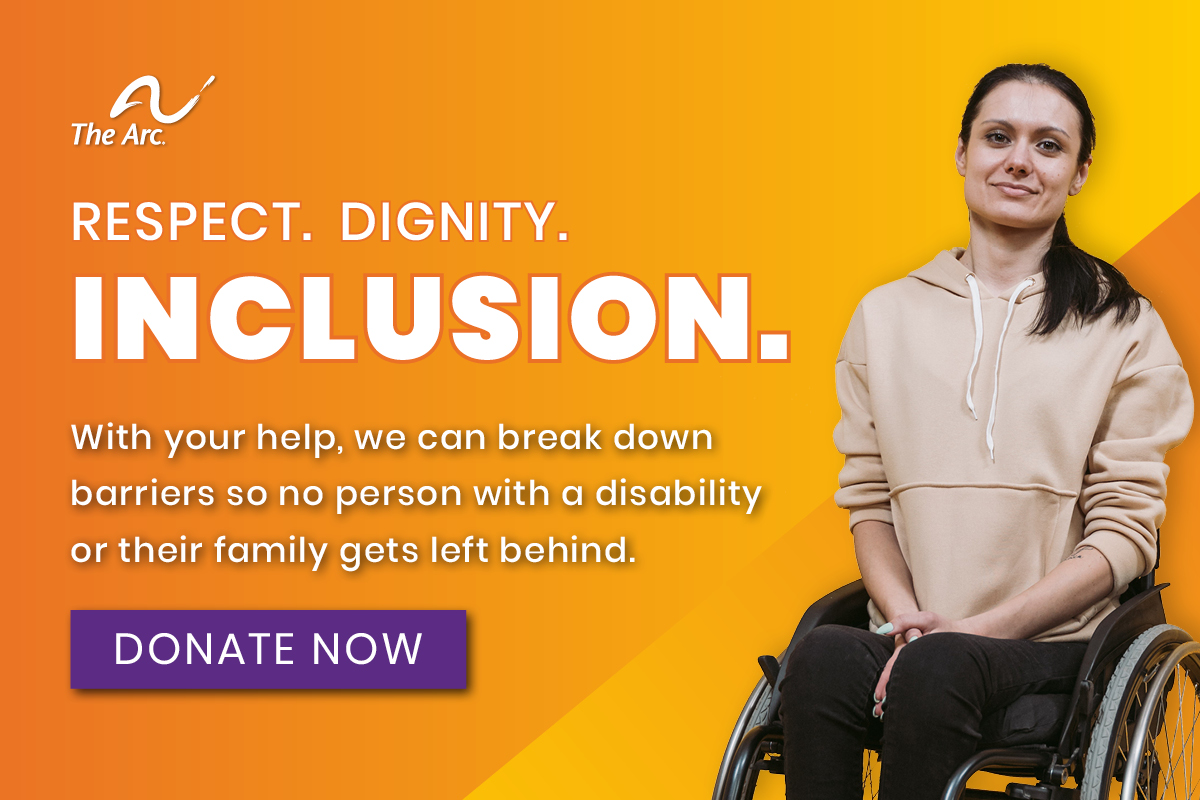What is a Ticket to Work?
The Ticket to Work is an actual piece of paper that the Social Security mailed to all its beneficiaries and that carries a dollar value to be spent for employment support services. Anyone who received a Ticket to Work can take it to an employment network (EN) to obtain employment services, vocational rehabilitation services, or other support services that lead to integrated employment in the general labor market. Employment networks are employment providers that have agreed to work with Social Security to provide employment services and other support to social security beneficiaries with disabilities.
Not every employment provider will accept a Ticket to Work. When a Ticket to Work is used, the provider will only be paid when an individual is successful at entering work and achieving a high enough level of earnings. If the provider a person chooses does not take Tickets to Work, or if a person’s goals do not include working enough hours, the Ticket may not be a good option.
How do I use my Ticket to Work?
- If you are a beneficiary of Social Security benefits, check if you received your Ticket to Work. The program started in 1999, so you should have received your ticket during the early 2000s. If you have not received your ticket, contact your local Social Security office for clarifications.
- Learn about the employment networks available in your area. Then chose the one that best meet your needs and ask for services. You are free to talk with as many employment networks as you want without having to give them your Ticket.
- If you are not interested in employment services or in this specific funding program, you do not need to do anything. The Ticket to Work program is an option for you, it’s not an obligation.
- If you are not a beneficiary of Social Security benefits, this program does not apply to you. You can still receive employment services by contacting your State Intellectual and Developmental Agency or State Vocational Rehabilitation Program.
Where can I find more information?
If you would like to speak to someone, call the Ticket Call Center at 1-866-968-7842 (TTY 1-866-833-2967).
The Ticket Call Center’s staff can answer most of your questions about your Ticket and can give you the
names, addresses and telephone numbers of employment networks in your area.
Alternatively, walk to a Social Security office where you can talk to someone in person or gather pamphlets
or other written material. Find your nearest office.
A good deal of information can be found online on the following websites:
- Ticket to Work
- Your Ticket to Work
- You may also contact the organization that runs the Ticket to Work program on behalf of the Social
Security: Maximus Corporation, Voice: 866-968-7842, TTY: 866-833-2967.
Tips
- Having the actual Ticket to Work in your hands is not necessary for obtaining services. If you receive Social Security benefits, you are automatically in the system. Therefore, any employment network can check your status in the Social Security database.
- Note the difference between an employment provider and an employment network. Both organizations can provide employment services to you. The difference is: if you choose an employment network, you have the option of giving your Ticket to Work in return for services. In contrast, if you choose an employment provider, you need to coordinate with a funding agency to ensure that funding is available.
- Participation in the Ticket to Work program is voluntary also on the side of employment providers: Not all employment providers have signed an agreement with the Social Security Administration. Therefore, not all employment providers can accept your Ticket to Work.
- Just like for any employment provider, make sure that you learn about the employment networks in your area to make sure that you choose the providers that best meets your needs.
- The Ticket to Work program is free of charge for you, if you receive social security benefits.
- In addition to the Ticket, Social Security has other special rules called “work incentives” that help serve as a bridge between disability benefits and financial independence.



